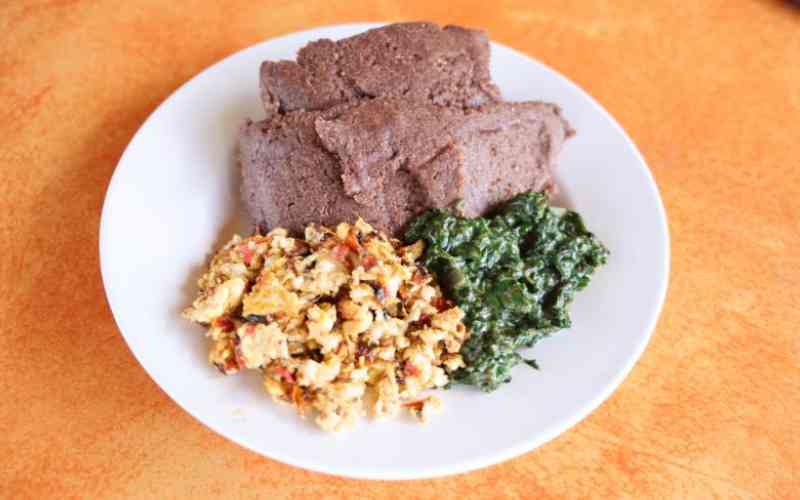
Many have heard the story about Dedan Kimathi University students who received KSh180 each after President William Ruto donated Ksh1 million.
The students voted via Google Forms that the donation be split equally among the students.
This becomes interesting since other options that were provided on the Google Forms were either organizing a luncheon or allocating it to the students’ bursary fund.
To the Director of Students’ Welfare Esther Nthiga’s surprise, a majority of the students voted for the money to be shared equally. And everyone got Ksh180.
From the vote, the next most popular choice was that the school organize a luncheon, followed by the money going towards bursaries.
The big lingering question is; how can you survive on a ‘rwabe’ budget? ‘Rwabe’ is sheng for Ksh200.
Remarkably, this is not shocking for university ‘comrades’. Survival of the fittest is a phrase best understood by a comrade who is hustling, poor or very broke
From interviews with students, one of the main concerns is food. The term ‘Kuinama’ (slang for going without lunch) is popular in institutions of higher learning.
A student from Kenyatta University said the prices of food at their school cafeteria hiked from the beginning of the 2023/2024 Academic year: “We used to have ugali at 7 bob and cabbage at 5 bob and your lunch is sorted.”
Mathematically, this tallies to a lunch at only Ksh20 at most.
“But now, chapati which was 10 bob is 15 bob, mandazi is 10 bob and a cup of hot African Tea is at Ksh20.”
Most public universities have a common price range for food and drinks.
For those who have the alternative of homemade food, Ksh200 is quite economical.
Sydney Aganda, an alumnus from the University of Nairobi said: “If you have a gas cylinder, coil or jiko for cooking, you can buy a packet of maize flour at a hundred bob then buy Sukumawiki (collard greens) at Ksh20, cooking oil at Ksh20 and cooking ingredients at Ksh20. This whole meal is then split to become lunch and supper. It saves on a lot since you will not have the burden of buying items such as maize flour every day.”
To survive, other university comrades start small businesses.
“I used to dance at roadshows on Sundays, Mondays and Saturdays. They would pay me Sh2,000 per day and this was enough for me to live on through campus years,” Jitabi Suleiman, an alumnus of Daystar University said.
Brian Mutwiri Mwenda from Multimedia University said he started a photography business to make ends meet.
“In order not to sleep hungry, I became a photographer. This helped me put food on my table, buy data bundles and also acted as my pocket money.”
On the plus side of being business-oriented, one can acquire skills that can be used even after campus. Apart from academic excellence, learning “street smart” skills prepare you for the life ahead outside school.